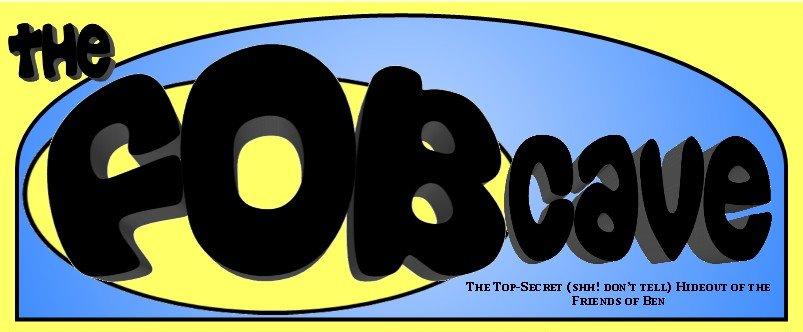
When I came across The Velvet Rage: Overcoming the Pain of Growing Up Gay in a Straight Man's World by Alan Downs, my first thought was that I didn't fit the bill. What right do I have to claim the rage or pain of being a gay man in a straight man's world, when I live in the social comfort of a heterosexual marriage? I'm not really gay. But then I got over myself and admitted that yes, regardless of where I am now, my experience growing up was likely very similar to that of many gay men.
As I read Downs's description of the three stages of a gay man's* development--the shame of realizing you have a horrible secret that you can never reveal to anyone, the extravagance of compensating for that shame upon coming out, and the authenticity that comes upon leaving the shame behind--I did see myself in a lot of it. Particularly the first stage fits my adolescent self to a tee, the closeted gay boy who believes there is something fundamentally wrong with himself and seeks validation by becoming whatever people want him to be. I find myself still trapped in that mindset sometimes, skillfully covering up the parts of myself I don't want people to see, believing they wouldn't like the true me if they saw it.
The second stage best describes where I'm at now. I am for the most part out and no longer view my sexual orientation as flawed or broken. Like most gay men in this stage, though, I haven't managed to really get past that belief that something is wrong with me, and I try to compensate for that shame by being fabulous at everything I do--whether it's being the best student in a class, being the most efficient employee at work, or being the most thoughtful and articulate writer around, I thrive on excellence and above all the praise that comes with it. Incapable of finding validation in myself, I seek it from external sources. This feels nice when it works but leaves me feeling miserable when the external validation doesn't come pouring in.
I have moments when I feel like I'm approaching the third stage but I'm afraid I'm not there yet. The gay man in Stage Three no longer feels shame because he's learned to confront his weaknesses head-on and realized they really weren't as bad as he thought. This is the man who no longer needs to have the perfect body or the perfect boyfriend, who finds happiness in who he is and what he has. Granted, I've never sought happiness by having sex with lots of beautiful men, but heaven knows I've believed that's where happiness lay--and still do, sometimes.
There are certainly points where my life diverges from that of the average gay man. Unlike most men who Downs would place in Stage Two, I'm not living from boyfriend to boyfriend--I've never even been with a man. But I like to think I also differ from the average Stage One closeted man hiding from his homosexuality in a straight marriage; I'm not hiding. Despite these differences, I think what this book provided for me is a sense that I am on a journey that a lot of gay men have been on and are on now. As Downs points out in the book, the nature of our society keeps men in the three stages from really being aware of each other: men in Stage One are hiding in the closet; those in Stage Two are living the high-flying gay life of nightclubs and bars and gyms; and those in Stage Three have retired from this scene to a quieter life. The most visible are those in Stage Two, and that sends a false message, that that's all there is to being gay. This lack of a cohesive community across the stages creates a lack of role models and road maps, a gap Alan Downs fills with this book. I recommend it to gay men in any stage of life.
*Downs clarifies that while much of what he says may also apply to lesbians and straight men and women, he focuses on gay men so as not to do injustice to the unique nature of each group's experiences with these stages.

You are AWESOME (validation! validation!). Consider that a standing opinion - if I change my mind I'll let you know.
ReplyDeleteWait, there's a chance your opinion of me might change? That means I need to work all the harder to retain your validation.
ReplyDeleteOh, it's unlikely. Once I form an opinion it's usually too much trouble to change it. I'm just saying - consider my validation automatic and ongoing unless otherwise notified.
ReplyDeleteThank you. I feel validated.
ReplyDeleteYou are perhaps the most thoughtful and articulate writer I've read all day. No, no, scratch the "perhaps". You ARE.
ReplyDeleteAlso, that sounds like a good read. I see a lot of myself in those stages, but unsurprisingly, I take issue with some of the details. Maybe I'll check it out, you know, in 50 years when I've read every medical book in the universe.
Thanks, L. Let me know what you think when you read it--I'll still be around, and probably still seeking validation.
ReplyDelete